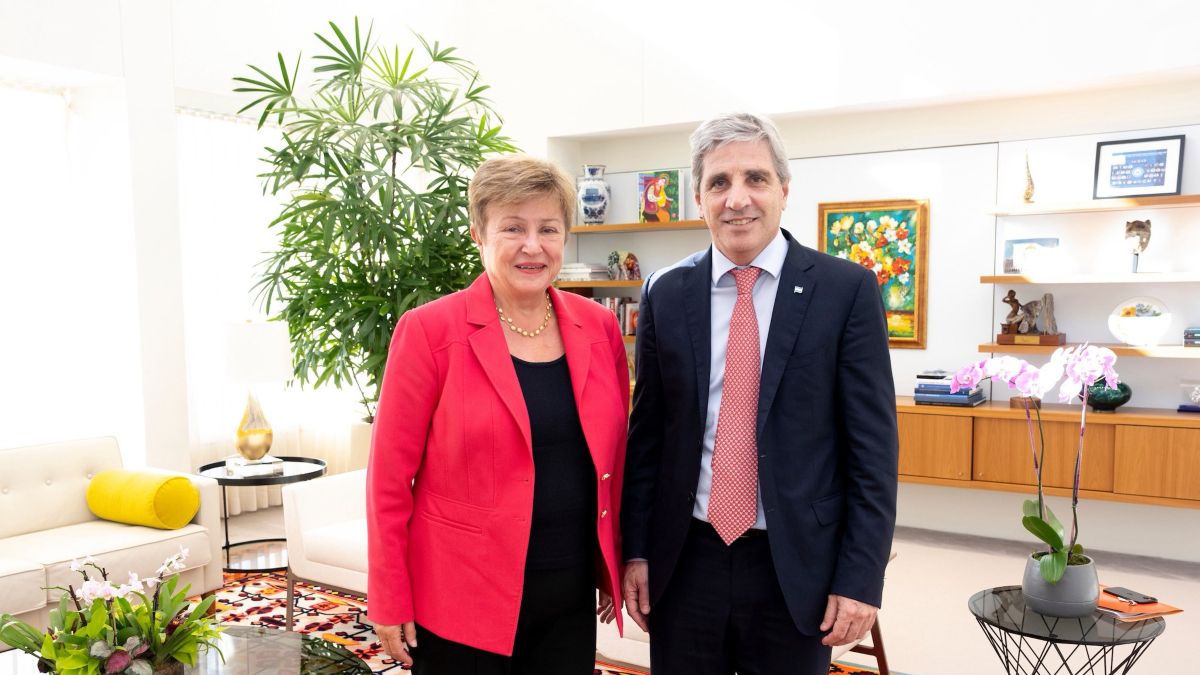The Executive Power has recently announced Decree 379 by which preliminary health mediation is implemented. In such sensitive times for the health care of Argentina, both publicly and private, and those who attended with concern, the measure implies a change of paradigm in the field.
Although Law 26,589, general mediation, promulgated in May 2010 established a new institute with a mandatory basis, which is the mediation prior to judicial processes, it did not apply specifically to the health field. This decree expressly includes them but here is a reflection.
The new health mediation in force in Europe and Chile, in which they already have statistics of their implementation, does not have the judicial instance (which could occur or not) but is a new paradigm within health institutions in order to solve conflicts, voluntarily for the parties.
The complexity of organizations that attend health and disease processes leads to conflicts of interpersonal relationships, through specialized mediators in health legislation issues, as arises from the same DNU, finding a solution without those problems climbing at the judicial level.
The measure is encouraging for a procedure that can channel problems (also those referring to low remuneration) but ultimately mediation, especially health as a method of conflict resolution, not only prevents new problems, but also contributes to creating non -toxic habits of work. That is, to create a good work environment.
The measure itself is auspicious and should be implemented shortly, so we advocate the creation of hospital mediation units that have as a common objective work in peace.
Already in Spain, specifically in Catalonia, Cantabria and in Chile, successful experiences are being lived regarding conflict resolution, which, thanks to mediation, allow to reach good port situations of interpersonal relationship of difficult resolution. And that they share the aforementioned objective.
Today The hospital ethics committees have channel the resolution of ethical dilemmas in health care becoming a service for patients and doctors. Thus, mediation, in this field, must be understood as a service for issues that affect in particular, and the teams and the organization, in general. Hence we highlight this initiative.
And just as the members of an ethics committee are trained, so mediators should have training, as the DNU says, for the areas so sensitive that they will have to solve.
The violence that is noticed against health personnel in the world in general and in the country in particular, is warning us that a cultural change in the resolution of interpersonal problems that affects the care of the health service and that bring the most weakness for the weakest: the patient is necessary.
*The author is a professor of the Diploma in Health Law of the Universidad Austral. Doctor of Bioethics and Biojuride.
Source: Ambito
David William is a talented author who has made a name for himself in the world of writing. He is a professional author who writes on a wide range of topics, from general interest to opinion news. David is currently working as a writer at 24 hours worlds where he brings his unique perspective and in-depth research to his articles, making them both informative and engaging.




